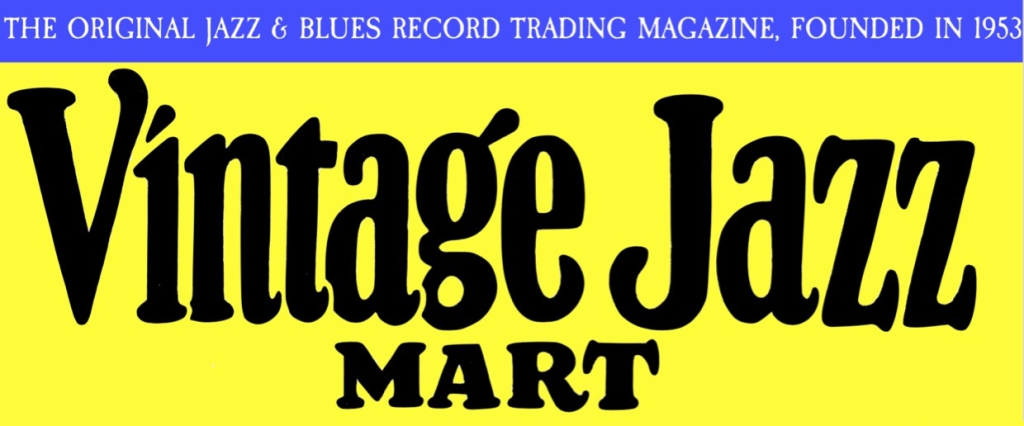I’ve spent years saying YES to things that I would rather not have done, out of the misguided notion that I had to, to be liked, accepted, or praised. Often the appeal was wrapped in flattery, and I accepted the task without considering what a careless acceptance would mean.
Only in later years have I worked on the art of saying NO.
This came out of working with women even more downtrodden than I’d ever been, women who had been compelled to think it would be wrong to refuse a burden.
They were trained to stifle the NO they wanted to say. Or “I just can’t.” “I would prefer not to.” “Isn’t there someone else you can exploit?” “Do it yourself,” or a thousand other self-preserving statements, “Are you fucking kidding me?” being the most candid one.
As I age, I see more clearly the limits of my energy and my desire to preserve myself, but I don’t want to be offensive, or perhaps I don’t want to be perceived as that.
So when my inner voice is saying, in response to some request, “I’d rather die,” I am practicing saying, “I’ve got too much on my plate right now to do it.” Among close friends, I can mutter, “I’d rather stick myself in the face with a plastic fork,” often accompanied by an upward-stabbing gesture of the right hand and arm. But that’s only in my inner circle, and accompanied by hilarity on all sides.
In the recent past (and I know I am not alone in this) I framed the backing-off as an apology, “I’m really sorry; I’d like to help you, but (a trailing-off pause)” — but it dawned on me that my requester heard only “I’d like to help you” and pressed on.
So no more apologies. A head-shake, a smile, and “I really can’t,” will have to suffice.
What has this got to do with jazz? Wait.
Victoria Spivey wrote this song, NO, PAPA, NO! — which she recorded in 1928, as did Duke Ellington, and Louis. Her version is rather formulaic (although not outdated) — stern statements to a male lover about what he cannot do to her. As my 78 collection expanded over the pandemic, I obtained this disc, with its much more stark title:

Considering this sacred artifact recently provoked thoughts about the self-preserving power of refusal.
But first, the music: a rather light-hearted twelve-bar blues with key changes lifting it out of the predictable, Earl Hines shining through — Louis, looking backwards to Joe Oliver and forward to the way he would approach the blues until his death:
Now, I imagine myself pressed into a corner by someone insistent, someone who won’t honor my feelings as expressed in more intense refusals. At last I have my secret weapon, in reserve as a last resort.
“Michael, I’m begging you. Only you can do this for me. And I’ll always be grateful.”
“Well, let me check with Louis.”
“Louis?”
“Yes, Louis always helps me make decisions as important as this. I’ll be back in a few.”
Then I can gather my strength, look closely at the OKeh label, perhaps play the record itself, which won’t take long, and say, “Sorry to make you wait. Louis says NO, and I never disagree with him. Take good care,” and leave.
See if it works for you, and report back.
May your happiness increase!















